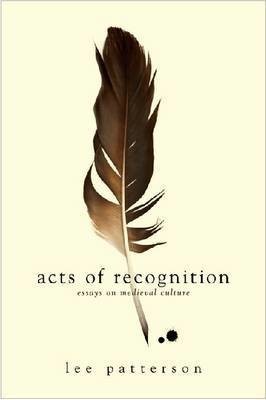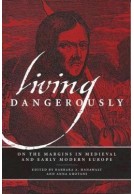Google Books previews are unavailable because you have chosen to turn off third party cookies for enhanced content. Visit our cookies page to review your cookie settings.
Acts of Recognition: Essays on Medieval Culture (Paperback)
Imprint: University of Notre Dame Press
Pages: 400
Illustrations: 2 illustrated halftones
ISBN: 9780268038373
Published: 1st November 2009
Script Academic & Professional
Pages: 400
Illustrations: 2 illustrated halftones
ISBN: 9780268038373
Published: 1st November 2009
Script Academic & Professional
You'll be £6.95 closer to your next £10.00 credit when you purchase Acts of Recognition: Essays on Medieval Culture. What's this?
+£4.99 UK Delivery or free UK delivery if order is over £40
(click here for international delivery rates)
Need a currency converter? Check XE.com for live rates
(click here for international delivery rates)
Need a currency converter? Check XE.com for live rates
This volume brings together Lee Patterson's essays published in various venues over the past twenty-seven years. As he observes in his preface, 'The one persistent recognition that emerged from writing these otherwise quite disparate essays is that whatever the text...and whoever the people..., the values at issue remain central to contemporary life'. Two dialectics are at work in this book: that between the past and the present and that between the individual and the social, and both have moral significance. The first two chapters are methodological; the first is on the historical understanding of medieval literature and the second on how to manage the inseparability of fact and value in the classroom. The next three chapters take up three 'less-read' late medieval writers: Sir John Clanvowe, Thomas Hoccleve, and John Lydgate. Each is used to illuminate a social phenomenon: the nature of court culture, the experience of the city, and Henry V's act of self-making. The following chapter explicitly links past and present by arguing that the bearing of the English aristocrat comes from a tradition beginning with Beowulf and later reinvoked in response to nineteenth-century imperialism. The next three chapters are the most literary, dealing with Chaucer and with literary conventions in relation to a number of texts. The final chapter is on the man Patterson considers one of the most important of our medieval ancestors, Francis of Assisi.
Other titles in University of Notre Dame Press...















